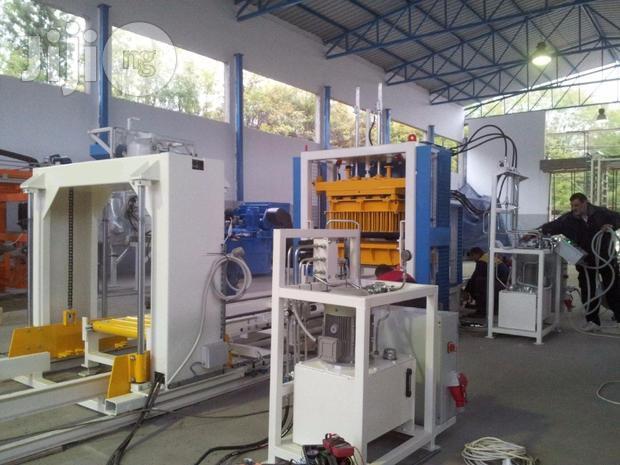Markets
Prices of Building Blocks Rise Despite Slowdown in Construction Activities

- Prices of Building Blocks Rise Despite Slowdown in Construction Activities
Prices of building blocks surged between the last quarter of 2018 and February 2019 despite the slowdown in construction activities.
While activities in the construction sector remained weak due to the on-going elections and the slow recovery from the economic recession that weakened buying power and weighed on demands, prices of moulded blocks (6 and 9 inches) are spiking up.
In the last three months, prices of 6-inch and 9-inch blocks have risen by 20 per cent and 25 per cent, respectively. Checks, however, revealed that buyers are ignoring the price difference in their purchasing decisions as the market only responded to the new regulatory guidelines by the Lagos State Government for block moulders.
Olutayo Osifolu, Managing Director, Tayo Blocks Industry, said the price of 6-inch block rose from N180 a unit to N200, while 9-inch was adjusted from N200 to N250 because of the new Lagos State government’s directive issued to block moulders’ association.
“The adjustment in the price of blocks is due to the directive by the Lagos State government for us to increase the quality of blocks used in building houses in order to reduce the high incidence of building collapse in the state,” he said.
According to Osifolu, the directive mandates moulders to use granite dust as one of the components for moulding blocks. This, he said was the reason for the surged in price as granite dust is very expensive and they have to combine it with Maya material, cement, and sharp sand, but in the past, they used only sharp sand, Maya material and cement without granite dust.
He said in the past moulders used 14 bags of cement to mould 500 blocks but with the new directive by the state, moulders are expected to use 16 bags for 500 blocks, hence increasing the cost of production.
Granite dust does not have organic materials that weaken buildings.
The state government insisted on granite dust and additional bags of cement to enhance the quality of blocks being produced in the state and reduce damages done to buildings.